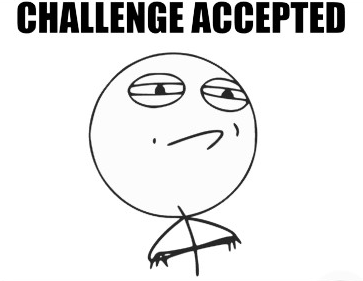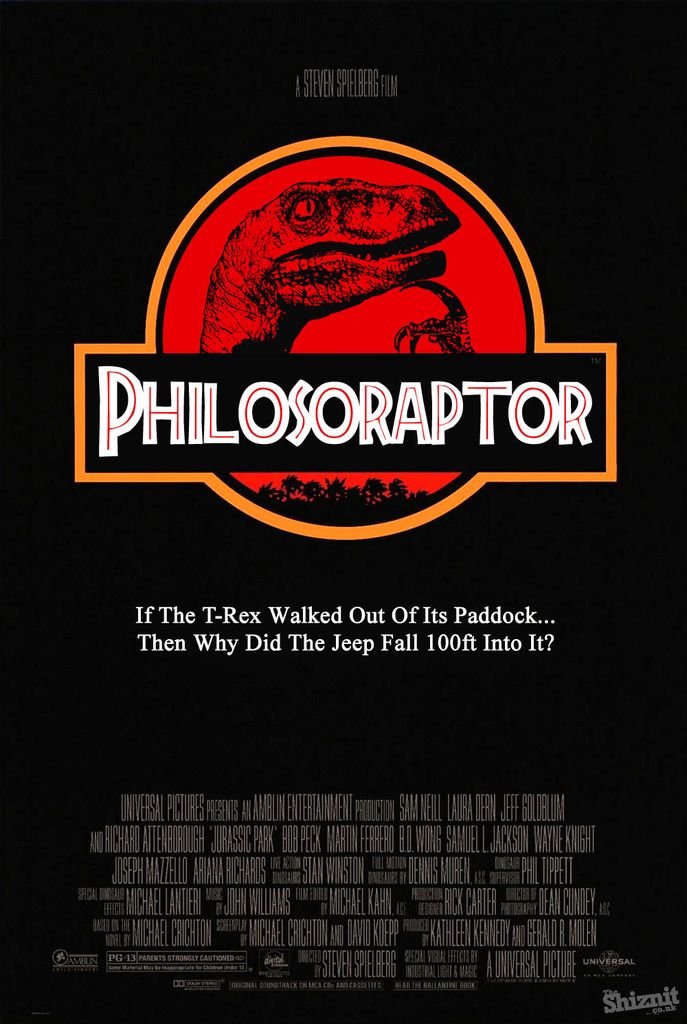It's sad that the only time we got to see them again after Q Who, was in Peter David's Vendetta! There doesn't seem to be any fanfiction about them, either! Strange, if one thinks how beloved they were...
The reason the "Q Who Borg" didn't stick around is because they were too limited a concept to tell multiple stories about. They were an impersonal force of nature, and drama requires personal stakes. You can tell a story about characters struggling against a hurricane, but it gets repetitive if they just keep tackling more hurricanes. The only way to get more stories out of the Borg was to personalize the stakes.
But personalizing the BORG is the wrong way to go about that, IMO.
Imagine what the Jurasic Park movies would have been if the somebody decided to give the velociraptors a lot of villainous, menacing dialog and visions of world domination.
I think the Q Who incarnation has potential if you can just find a way to explain their continued existence in that form. They would be a species that seldom communicates with anyone and rarely stays in any one place for long. They just show up one day, unannounced and unexpected, target something that just happens to catch their interests, rip it to shreds (taking whatever it is they're after) and then leave. People who don't have the means to fight them learn to avoid drawing their attention, and people who DO have the means learn that fighting the Borg and DEFEATING them are completely different things.
You can actually set "Borg attack" as the premise for many different kinds of stories as long as the stories center around the characters' struggle to survive said attacks. For example: if the Captain and First Officer are stranded on a space station after a Borg cube assimilates the entire space dock and its power systems; this becomes a disaster/survival story rather than just a "fight the bad guy" story, especially if the climax involves the rescue ship having to beam the survivors aboard and then find some way to evade the Cube as it comes back for seconds. Or if the hero ship arrived at a planet that is being visited by a Borg cube every ten months with a demand that they sacrifice twenty of their very best engineers and mathemeticians for assimilation, failure to do so resulting in the Borg destroying one of their cities.
There are many possibilities that would have the Borg remain a faceless and inscrutable foe, and I think they would have more longevity that way. They don't believe in conquest, so they never come at you with a massive strategy; they don't have a concept of politics or borders so you have no idea where they're going to be or who they'll go after next.
Sure, a lot of fans wish the Borg had remained an implacable, faceless foe, but those fans didn't have to come up with fresh and viable story ideas.
It's worth a try, though. I think Vendetta did a very good job of this, but more importantly, I think the attempt to conventionalize the Borg didn't actually make them far LESS menacing in the end.
Even some very small tweeks could have avoided this. Take the creepiness factor up to eleven by replacing all of the Borg Queen's lines in "First Contact" with the droning chorus voice of the entire collective, speaking in the background and dozens of interchangeable drones that just happen to be in the room.
BORG HIVE: Is it becoming clear to you yet? Look at yourself, standing there cradling the new flesh that we've given you. If it means nothing to you, why protect it?
DATA: I ...I am simply imitating the behaviour of humans.
BORG HIVE: You are becoming more human all the time. Now you are learning how to lie.
DATA: My programming was not designed to process these sensations.
BORG HIVE: Then tear the skin from your limbs as you would a defective circuit. ...Go ahead, Data. We won't stop you. ...Do it. Don't be tempted by flesh.
DATA: <sighs>
BORG HIVE: <Three random female drones appear from the background> Are you familiar with physical forms of pleasure?
DATA:









